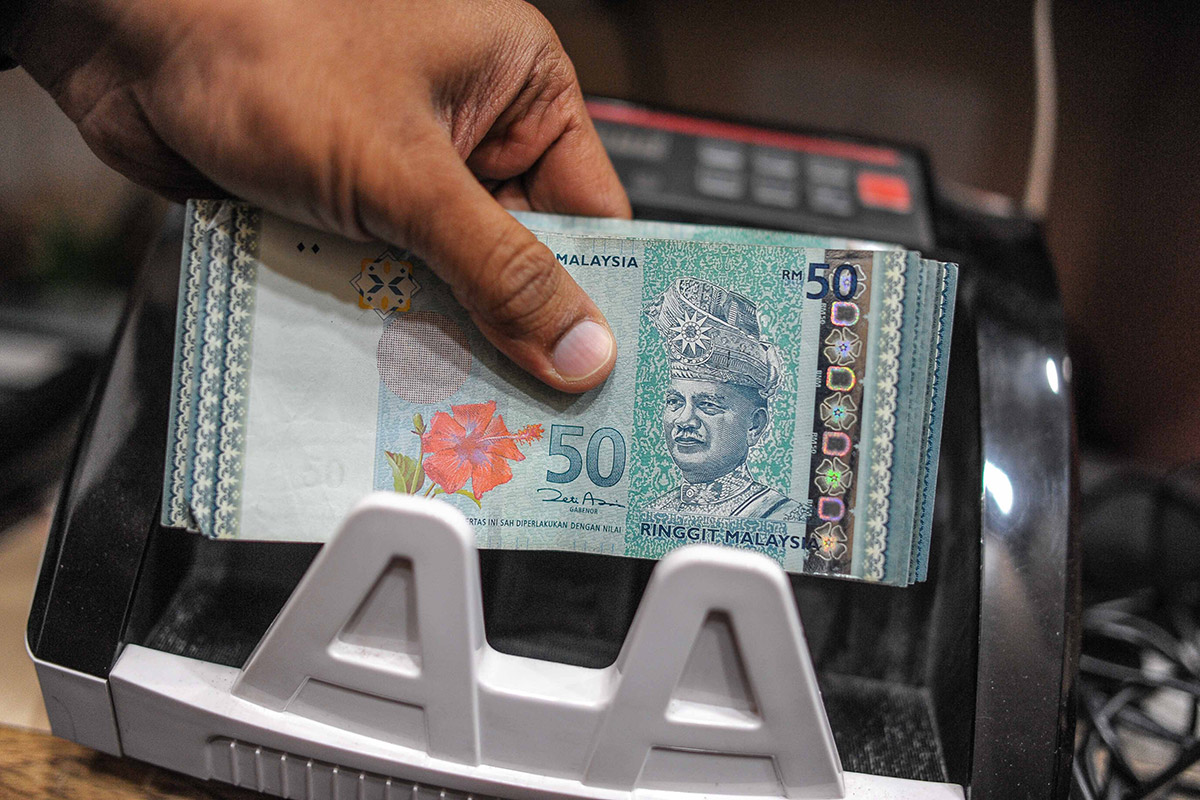Malaysian Prime Minister Mahathir Mohamad said the ringgit’s fair value now is the same as the peg his previous government established in 1998 during the Asian financial crisis.
Asked in an interview Friday what he saw as fair value for the currency, Mahathir said “3.8.” That’s more than five percent stronger than its current level against the United States (US) dollar, and a rate it hasn’t traded at since mid-2015, when turmoil in Chinese financial markets hit developing-nation assets. The currency strengthened 0.3 percent Friday after his remarks were published.
“We would like to strengthen our ringgit, but it should be done naturally,” said Mahathir, the architect of capital controls in 1998 that were ultimately seen as helping stabilize the economy though were criticized at the time by the International Monetary Fund. He didn’t elaborate on steps needed to allow for natural appreciation.
He indicated in the Kuala Lumpur interview that the currency is being unfairly punished by the stresses buffeting most emerging markets. An appreciating US dollar, propelled by Federal Reserve monetary tightening, along with concern over a US-China trade war have hurt demand for developing nation assets.
“This is actually the problem arising from the state of the world’s economy, not just ours,” Mahathir said about the ringgit’s current valuation.
Analysts are less sanguine about the ringgit’s outlook, saying global factors will play a key role in determining its direction.
“I still see broad market movements dominating the ringgit exchange rate going forward,” said Gao Qi, a currency strategist at Scotiabank in Singapore. “I’m watching developments in the US-China dispute and four per dollar remains a key level to watch.”
Mahathir, 92, took office last month after a surprise election victory more than 14 years after he had stepped down as prime minister. His new administration’s warnings that Malaysia’s debt is much larger than estimated by the previous government have made some foreign investors wary.
Malaysia’s benchmark stock index has dropped eight percent since the election, with a similar decline in US dollar terms, against a five percent decline for the Morgan Stanley Capital International (MSCI) Emerging Markets Index.
Even so, forecasts since the election show strategists see the ringgit appreciating in time. The median estimate in a Bloomberg survey is 3.95 for year-end. Projections indicate it will stay weaker than 3.80 in coming years, however. The currency was at 4.0025 as of 4:15 pm in Kuala Lumpur on Friday. – Bloomberg
